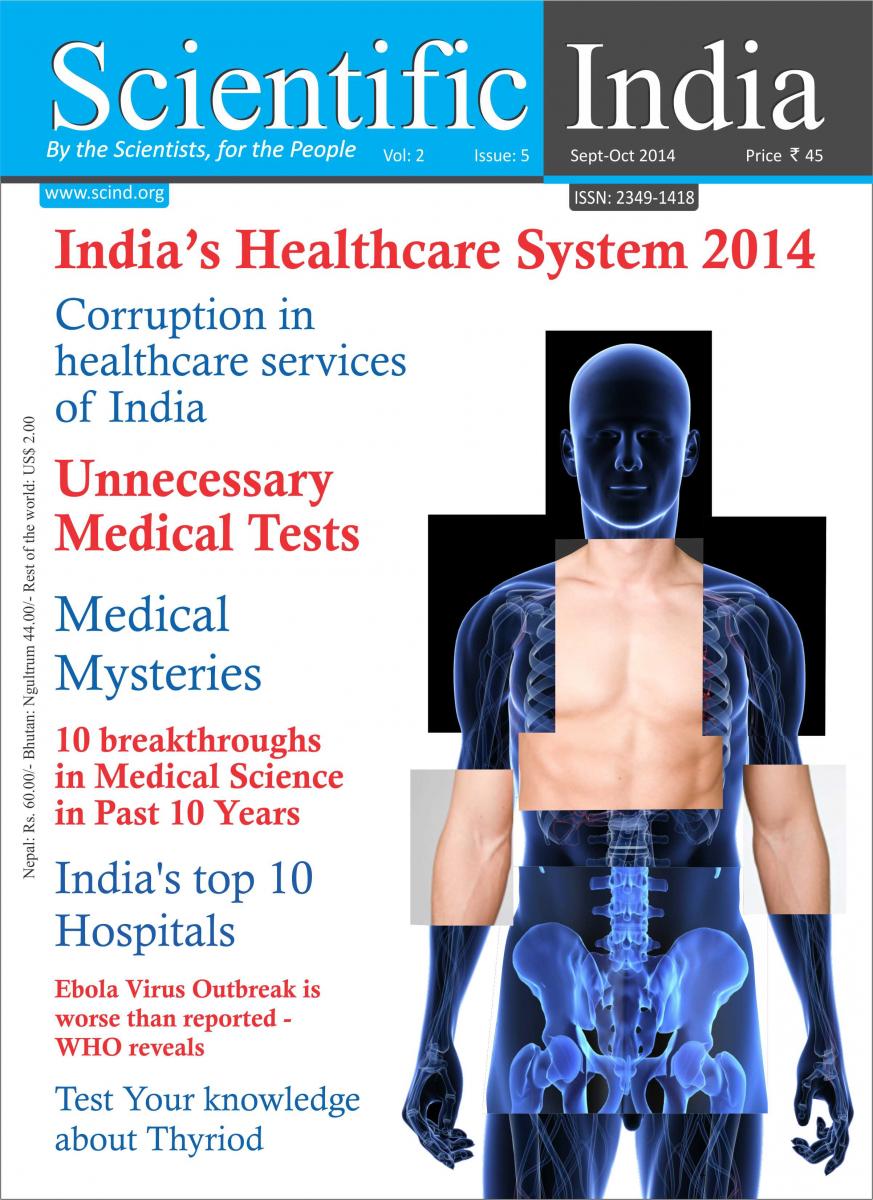An Eco-Friendly Management Of Household Organic Waste
Puneeta Dandotiya, Praval Singh Chauhan, Hemant Samadhiya and O.P. Agrawal*

Entomology Research Unit, School of Studies in Zoology, Jiwaji University, Gwalior, M.P. 474011
The household organic wastes commonly include dust, food and kitchen waste, garden waste, paper waste etc. that is generated everyday from every house. This highly nutritive organic waste is the house of infectious bacteria, vector and insect. A study was conducted to explore the possibility of vermicomposting of household organic waste at home level. For this study household waste (HW) and garden (leaves with soil-dust) waste (GW) were selected. They were mixed with dried dung powder (DDP) and vermicompost (VC) in different ratios. The mixture (20 Kg) was subjected for pre-decomposting for a period of 15-20 days, followed by release of 50 earthworms (E. eugeniae). Regular sprinkling of water was made in the culture media to maintain moisture content to 50-60 % and temperature in the range of 20-28̊ C up to 80 days. At end of the experiment observations were made in terms of number and weight of earthworms, juveniles and cocoons. Analysis of vermicompost was also done for values of pH, nitrogen, phosphorus and potassium. The best results of earthworm as well as vermicompost parameters were obtained in the mixture containing equal quantity of KW+DDP+GW+VC with a maximum increase in worm population and worm biomass. Maximum fertilizer values of nitrogen, potassium and phosphorus content were observed in this mixture. It can be concluded that organic waste generated from home and garden can easily be converted into high quality valuable compost at home level with fruitful outcome.
Keywords: Household waste; Dry dung powder; Eudrilus eugeniae; Garden waste; Vermicomposting; Waste recycling.
